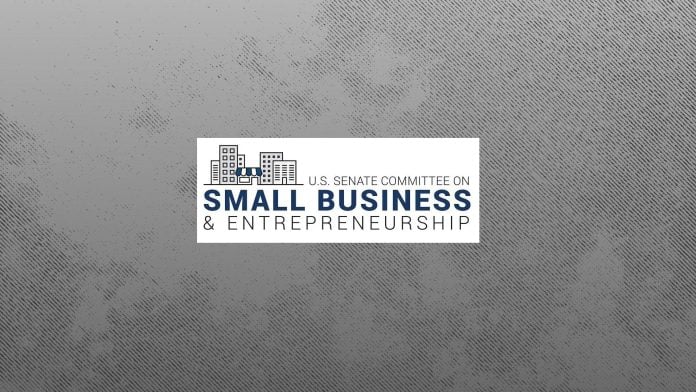Small business leaders are advocating for an urgent extension of the Small Business Innovation Research (SBIR) and Small Business Technology Transfer (STTR) programs, which are critical for fostering innovation and development in the U.S. economy. A recent expression of support from experts and organizations highlights the potential consequences of allowing these programs to lapse, emphasizing the vital role they play in sustaining small businesses and American technological advancements.
Ranking Member Edward J. Markey (D-Mass.) has galvanized bipartisan backing for a one-year extension to the SBIR and STTR programs, following a unanimous vote in the House of Representatives earlier this month. “The SBIR and STTR programs have bipartisan support because Congress recognizes the critical role innovative small businesses play in meeting federal research and development needs," said Markey. He warned that not extending these programs could jeopardize over $4 billion in federal R&D funding, risking thousands of startups and small businesses.
Small businesses, universities, and program experts have echoed this sentiment, asserting their unwavering support through letters to Congress. Over 112 small business leaders expressed the pressing need for continuity, stating: “This is no time to risk America’s innovation advantage. As China and other adversaries aggressively develop game-changing technologies, the United States relies on the SBIR and STTR programs to maintain our competitive position." The letter also noted that every dollar invested in Department of Defense SBIR activity generates four dollars in follow-on funding, underscoring the programs’ substantial return on investment.
The urgency to extend these programs has also drawn the attention of diverse stakeholders, from the National Academies to various educational organizations. These entities emphasize that uninterrupted funding is crucial for researchers and small companies, as they face a landscape where innovation is increasingly competitive and global.
Recent letters from over 150 leaders in the clean energy sector further established the widespread demand for this extension. They highlighted that a one-year extension would facilitate continued bipartisan negotiations around necessary modifications to the programs, ensuring the long-term viability of the U.S. innovation landscape.
While the benefits are evident, small business owners should also consider potential challenges that may arise. The process of negotiating the future of SBIR and STTR programs could be complex, requiring sustained engagement and advocacy beyond just securing the one-year extension. There may also be implications regarding program structure and funding levels in the future, which could significantly affect how small businesses leverage these resources for growth and innovation.
Moreover, with a changing political landscape, the outcome of future negotiations remains uncertain. Small business owners are encouraged to stay informed about developments in Congress and consider how potential changes in the programs could influence their operations and access to funding.
Overall, the extension of the SBIR and STTR programs is seen as a pivotal measure that can safeguard American innovation and fortify small businesses against the uncertainties of fluctuating federal support. As Markey noted, providing a one-year extension would not only protect existing resources but also allow Congress to devise a more sustainable, long-term strategy for these essential programs.
In an economy that relies heavily on innovation and technological advancements, the calls for an extension serve as a crucial reminder of the interconnectedness of federal support and small business success. As these discussions unfold, small business owners must remain proactive, engaging with lawmakers and industry associations to ensure their voices are heard and their interests represented.
For more in-depth information about the ongoing discussions, refer to the original press release here.
Image Via BizSugar



